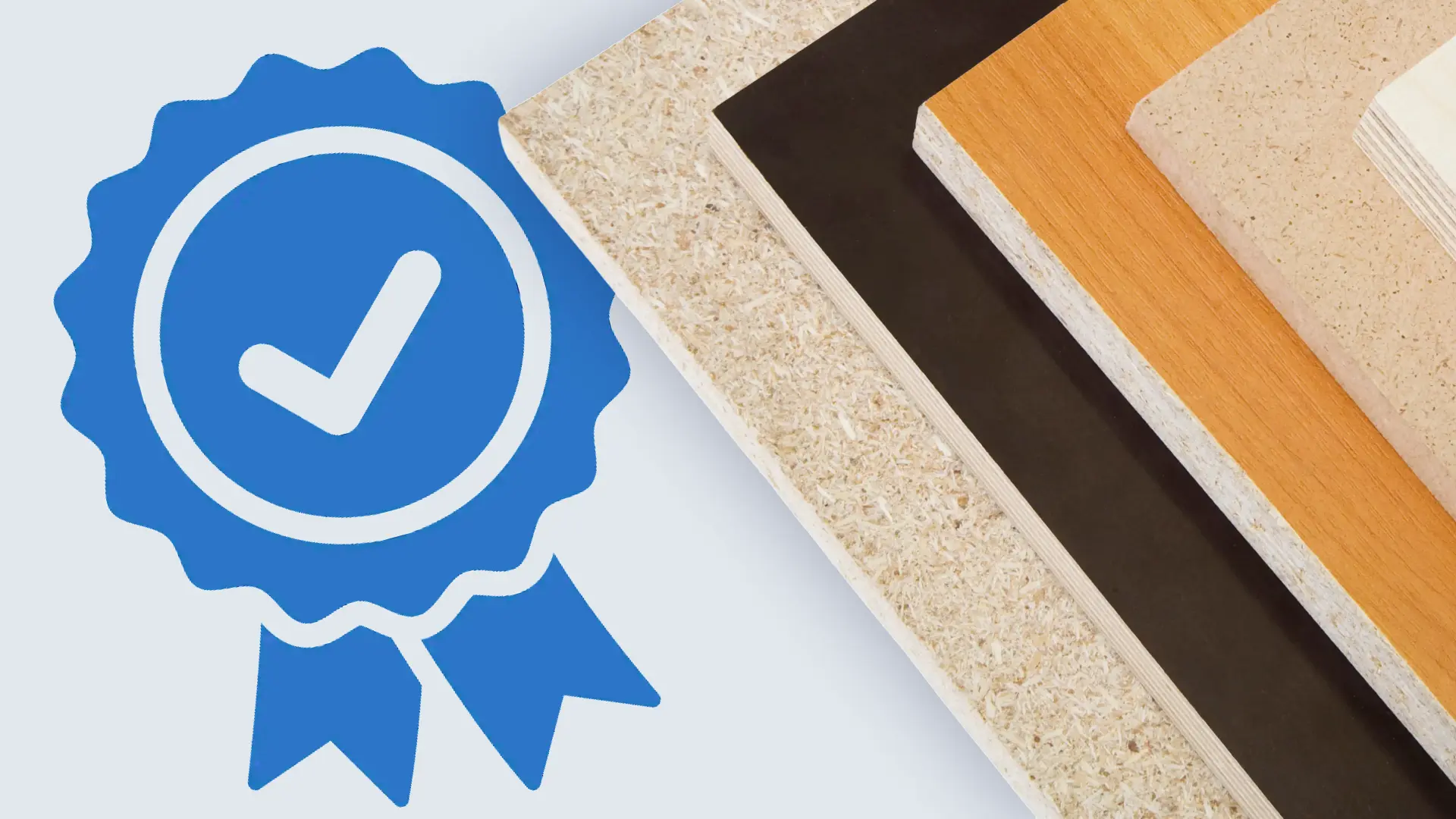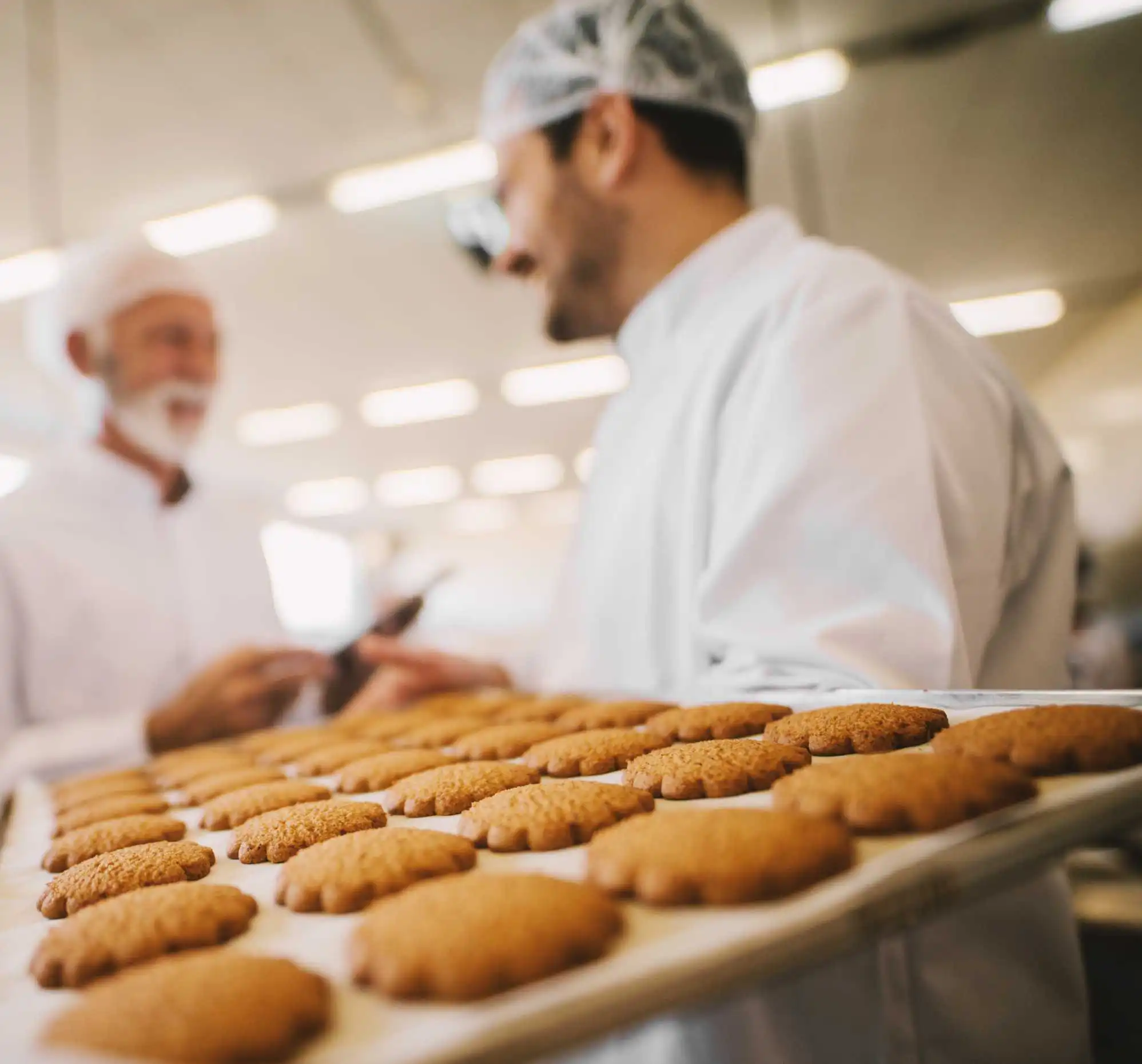How Smart Monitoring Improves Quality in Panel Board Production

Making high-quality wood panel products isn’t easy. Manufacturers face constant pressure to reduce waste, keep costs low, and ensure production runs smoothly while still meeting demanding quality standards. Defects such as delamination, blowouts, uneven density, and poor surface finish increase scrap and rework, eroding profitability and customer trust.
To combat these challenges, leading manufacturers are turning to smart monitoring systems. These technologies provide real-time, data-driven insights into the production process, allowing for precise, timely adjustments that improve product consistency, reduce defects, and increase yield.
This article explores how smart monitoring solutions—especially advanced near-infrared (NIR) and radio frequency (RF) sensors—help improve quality and efficiency in wood panel production, with proven results for MDF, particleboard, OSB, and plywood manufacturers.
What Is Smart Monitoring in Wood Panel Board Manufacturing?
Smart monitoring integrates inline, non-contact sensors and process control technologies directly into production lines. These systems continuously measure critical parameters such as:
- Moisture content
- Panel density
- Surface uniformity
- Temperature and pressure profiles
Unlike traditional quality checks performed only at the end of the line, smart monitoring delivers continuous, real-time measurements at multiple stages. Operators can detect and resolve issues before they result in costly defects.
For example, online NIR spectroscopy instantly measures moisture and resin content at various production stages. By providing continuous feedback, NIR systems reduce process variability and maintain tight quality control without relying solely on slow, end-of-line sampling.
Production Stages Where Online NIR Sensors Add Value
NIR sensors can be strategically positioned at multiple points in the production line to maximize quality control and process efficiency:
Post-Dryer
Immediately after drying, NIR sensors measure residual moisture in fibers or veneers. This ensures that material enters blending or layup within the correct moisture range, reducing downstream variability.
Pre-Press
Before pressing, NIR sensors verify moisture and resin content in the mat or layup. Proper control at this stage ensures strong bonding, uniform density, and consistent curing.
Pre-Sanding
Before sanding, NIR systems confirm that panels remain within specifications. This prevents over- or under-sanding, minimizing waste and rework.
Plywood Layup & Glue Spreading
NIR sensors monitor veneer moisture content in plywood production before glue application, ensuring optimal bonding and curing.
Mounting flexibility—over conveyors, between rollers, or in chutes—means sensors can be adapted to the unique layout of each production line.
Benefits of Smart Monitoring for Quality Control
Implementing smart monitoring can deliver:
- Fewer defects: Early issue detection reduces delamination, density variation, and surface flaws.
- Improved consistency: Maintain tight tolerances across batches, shifts, and production lines.
- Higher yield: Less scrap and rework means more sellable product from the same raw materials.
- Reduced downtime: Predictive alerts help operators avoid costly stoppages.
- Data-driven decisions: Rich analytics enable continuous process optimization.
These advantages translate directly into improved operational efficiency, higher profitability, and stronger customer satisfaction.
Common Quality Issues Prevented by Smart Monitoring
- Moisture Variation – NIR systems detect moisture changes instantly, allowing for dryer adjustments before wet or dry spots create defects.
- Surface Defects – Real-time monitoring catches imperfections early, enabling upstream corrections.
- Delamination Risk – Monitoring resin application and cure temperature ensures bond strength and product integrity.
- Finished Board Non-Compliance – End-of-line systems confirm final panel moisture, density, and thickness before packaging.
KPM Analytics’ Smart Monitoring Solutions
At KPM, we offer a complete portfolio of NIR and RF-based smart monitoring technologies for every stage of the wood panel production process, from initial moisture and resin checks to final board verification.
- MCT560 Series – Ideal for monitoring moisture and resin loading immediately after blending. This high-speed NIR system (up to 99 readings per second) optimizes resin usage, reduces variability, and integrates seamlessly into PLC or MES systems.
- NIR-7000 – Rugged and dust-resistant, the NIR-7000 delivers ±0.1 % moisture accuracy in harsh post-dryer or pre-press environments. With ultra-fast measurement (updates every 4 ms), it ensures targets are met before panels enter the press.
- ST-3300 – An RF-based analyzer for inline moisture measurement of finished boards before the cut-to-size station, ensuring panels are conditioned correctly prior to packaging.
- IMPS-4400 – Provides non-destructive density and moisture profiling with ±0.10 % accuracy. Commonly installed at the end of the line, it verifies ANSI and EN compliance while providing full traceability for quality audits.
Whether manufacturing MDF, OSB, particleboard, or plywood, our solutions help you improve yield, reduce rework, and meet the most demanding quality standards.
Implementing Smart Monitoring Systems
A successful deployment involves:
- Identifying key control points (post-dryer, pre-press, post-finishing).
- Selecting the right technologies (NIR for moisture/resin, RF for moisture profiling).
- Integrating feedback loops into your existing automation systems.
- Training operators to interpret and act on real-time data.
Many manufacturers begin with one critical control point, then expand coverage as ROI becomes clear.
Conclusion
Smart monitoring is no longer a high-tech luxury—it’s a competitive necessity for wood panel manufacturers who want consistent quality, reduced waste, and operational excellence.
By implementing real-time monitoring systems across your production line, you can identify defects before they occur, improve yield, and deliver stronger, more reliable products.
Ready to take control of your quality?
Explore how KPM's smart monitoring solutions can help you optimize your process and meet your customers’ highest expectations. Book a call.
Other Posts in the Series
Related Blog Posts
















